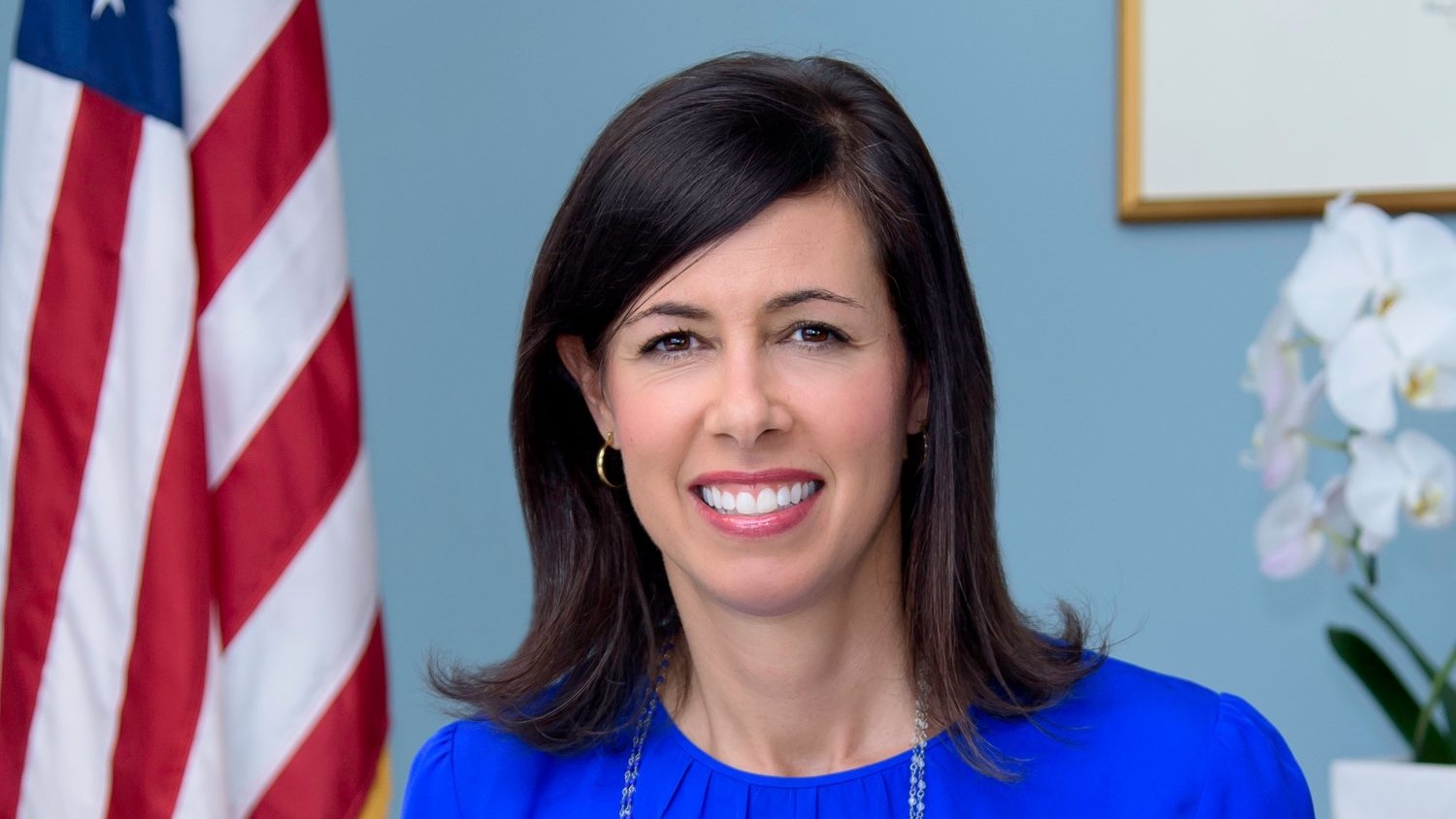FCC Seeks to Update Satellite Broadband Rules, EAS and E-Rate
During the December Open Meeting the FCC passed Notices of Proposed Rulemaking relating to improvements emergency alerts, competition for satellite broadband systems and the E-rate system

The professional video industry's #1 source for news, trends and product and tech information. Sign up below.
You are now subscribed
Your newsletter sign-up was successful
WASHINGTON, D.C.—During the Federal Communications Commission’s December Open Meeting, the first since FCC Chairwoman Jessica Rosenworcel’s confirmation by the Senate, the FCC approved three Notices of Proposed Rulemaking regarding improvements to emergency alerts, competition in the satellite broadband service sector and improvements to the E-rate system as well as a Notice of Inquiry into broader improvements of the EAS systems.
[See a separate article on the EAS Notices of Proposed Rulemaking and Inquiry here.]
The FCC adopted a Notice of Proposed Rulemaking that proposed revisions to its rules for spectrum sharing among non-geostationary satellite orbit, fixed-satellite service (NGSO FSS) systems. The proposed revisions would seek to facilitate the deployment of the new generation of low-Earth orbit satellite systems, including new competitors, the FCC said.
The Notice of Proposed Rulemaking also proposes to limit the Commission’s existing spectrum sharing mechanism for NGSO FSS systems to those systems approved in the same processing round and it proposes requiring systems approved in a later processing round to protect the already approved systems, and seeks public comment on necessary protections.
The FCC is also seeking comment on whether to sunset, after a period of time, the interference protection afforded to an NGSO FSS system because of its processing round status in order to encourage new market entry. The item further seeks public input on ways to facilitate coordination among NGSO FSS operators by requiring them to share specific information, such as satellite beam pointing information, the FCC said.
In a statement on the issue, Rosenworcel noted that the commission has already been moving to approve low-orbit satellites that could offer faster broadband speeds, lower latency and potentially offer more competition in the satellite broadband sector so that consumers would have more choices.
“In April, for the first time in history, the FCC allocated spectrum specifically to support commercial space launch operations,” she said. “In November, we cleared the way for two new low-Earth orbiting constellations that will bring broadband and internet of things services to consumers, businesses, and government customers in the United States and globally. And in August, we initiated a new V-band processing round that has resulted in proposals from nine constellations for nearly 38,000 new satellites that will offer global broadband.”
The professional video industry's #1 source for news, trends and product and tech information. Sign up below.
“But the rush to develop these new space opportunities requires new rules that keep competition and innovation front of mind,” she cautioned. “Because despite the revolutionary activity in our skies, the regulatory frameworks we rely on to shape these efforts are dated. They were built for an era when heading to space was strictly for government superpowers. They did not imagine a world where space entrepreneurship and competition could take hold.”
This, she added, requires that “we take a hard look at our satellite rules. We want to make sure they create a level playing field for new competitors. We start by reviewing our processing round rules for non-geosynchronous satellites in low-Earth orbit.”
In addition to proposals on EAS and improving satellite broadband competition, the FCC also approved a proposal seeking comment on improving transparency and efficiency in the competitive bidding process for the E-Rate program. The proposal would require bids for E-Rate services and equipment to be uploaded into a centralized document portal managed by the Universal Service Administrative Company.
This would replace a process by which service providers submit bids directly to applicants for E-Rate-supported equipment and services. The order also seeks comment on other ways to improve the competitive bidding process and enhance program integrity.
The changes were proposed in response to recommendations from the Government Accountability Office and the FCC’s Office of Inspector General to take steps to improve program safeguards, the FCC said.
“For more than two decades, E-Rate has been a powerhouse. It is our nation’s largest education technology program, and it has been the force behind making sure that schools and libraries in every corner of this country have access to high-speed broadband,” Rosenworcel said. “But great programs do not thrive without continuous review and care. Today’s effort is part of that care. We begin a rulemaking to improve E-Rate by establishing a central document repository to support competitive bidding in the program. We take this step in response to a review from the Government Accountability Office and the agency’s own Inspector General recommending that we do so.”
George Winslow is the senior content producer for TV Tech. He has written about the television, media and technology industries for nearly 30 years for such publications as Broadcasting & Cable, Multichannel News and TV Tech. Over the years, he has edited a number of magazines, including Multichannel News International and World Screen, and moderated panels at such major industry events as NAB and MIP TV. He has published two books and dozens of encyclopedia articles on such subjects as the media, New York City history and economics.

